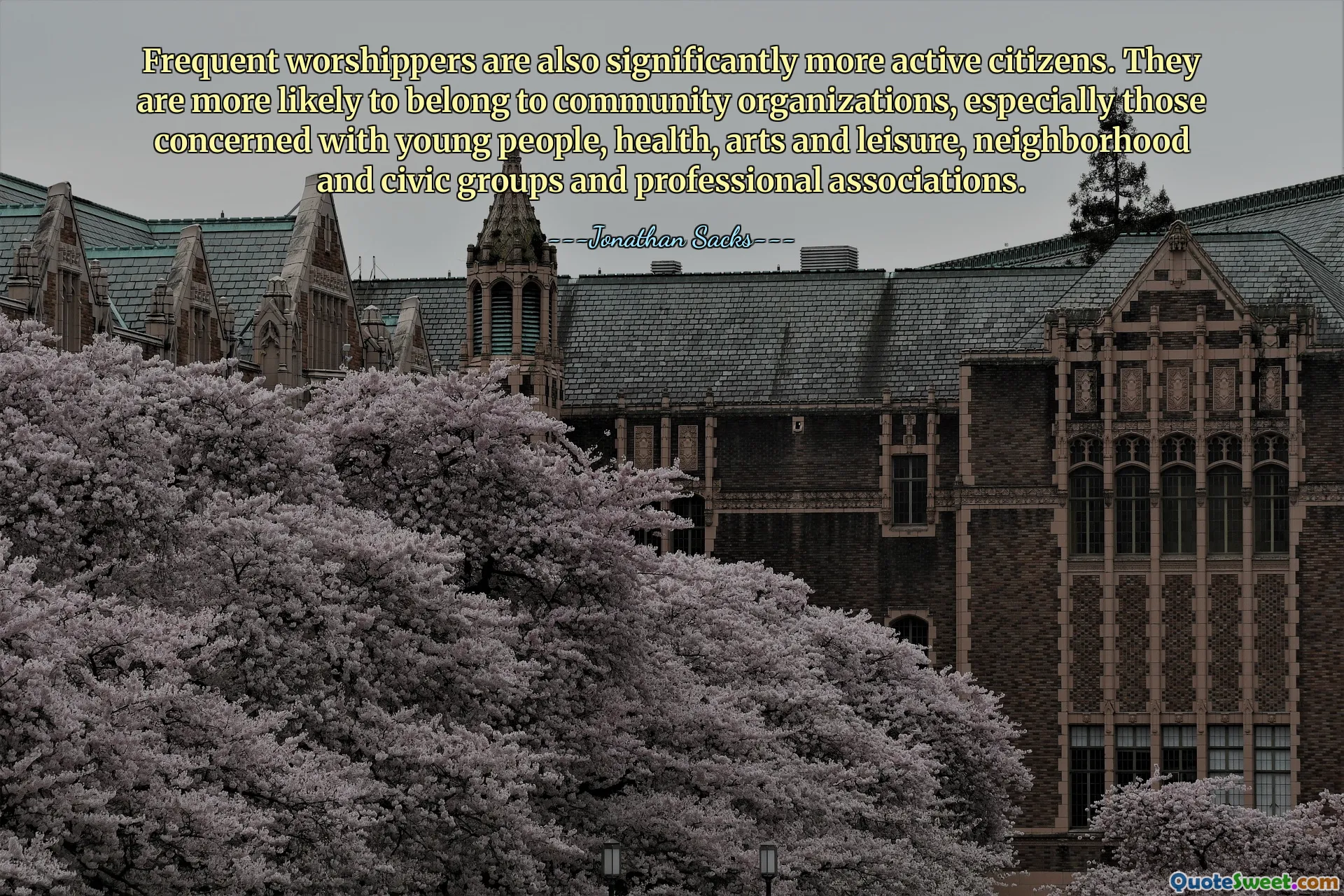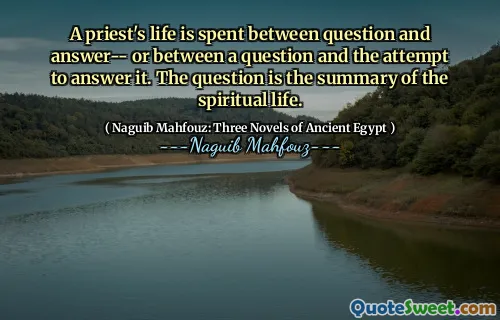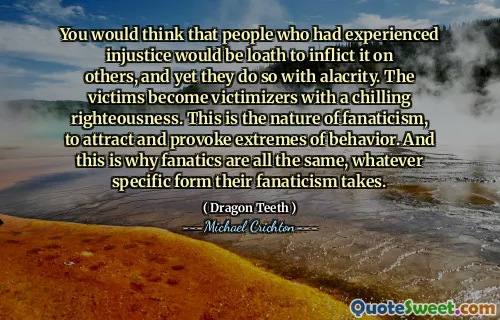
Frequent worshippers are also significantly more active citizens. They are more likely to belong to community organizations, especially those concerned with young people, health, arts and leisure, neighborhood and civic groups and professional associations.
This quote underscores the profound connection between regular religious participation and active civic engagement. It suggests that individuals who attend worship services frequently tend to be more involved in their communities and take on roles that contribute to societal well-being. The act of worship often enforces a sense of moral responsibility, community belonging, and shared values, which naturally extends into broader civic duties. When people commit to religious practices regularly, they often develop stronger social networks and a heightened awareness of communal needs. These networks can serve as gateways to participation in various organizations, whether they focus on the arts, health, youth programs, or civic and professional initiatives. Such involvement not only benefits the community but also enhances personal growth and fulfillment. The mutual reinforcement between spiritual devotion and social engagement highlights the importance of religious institutions as anchors of social cohesion. Moreover, it brings to light that faith-based communities can serve as vital platforms for civic activism and societal improvement, fostering a sense of responsibility beyond individual spiritual pursuits. This insight also invites reflection on how societal structures can leverage religious institutions to promote active citizenship and community development, recognizing their influential role in shaping socially conscious individuals. Overall, the message is a testament to the interdisciplinary benefits of religious participation, where spiritual practice intertwines with civic duty, leading to healthier, more connected, and resilient communities.











